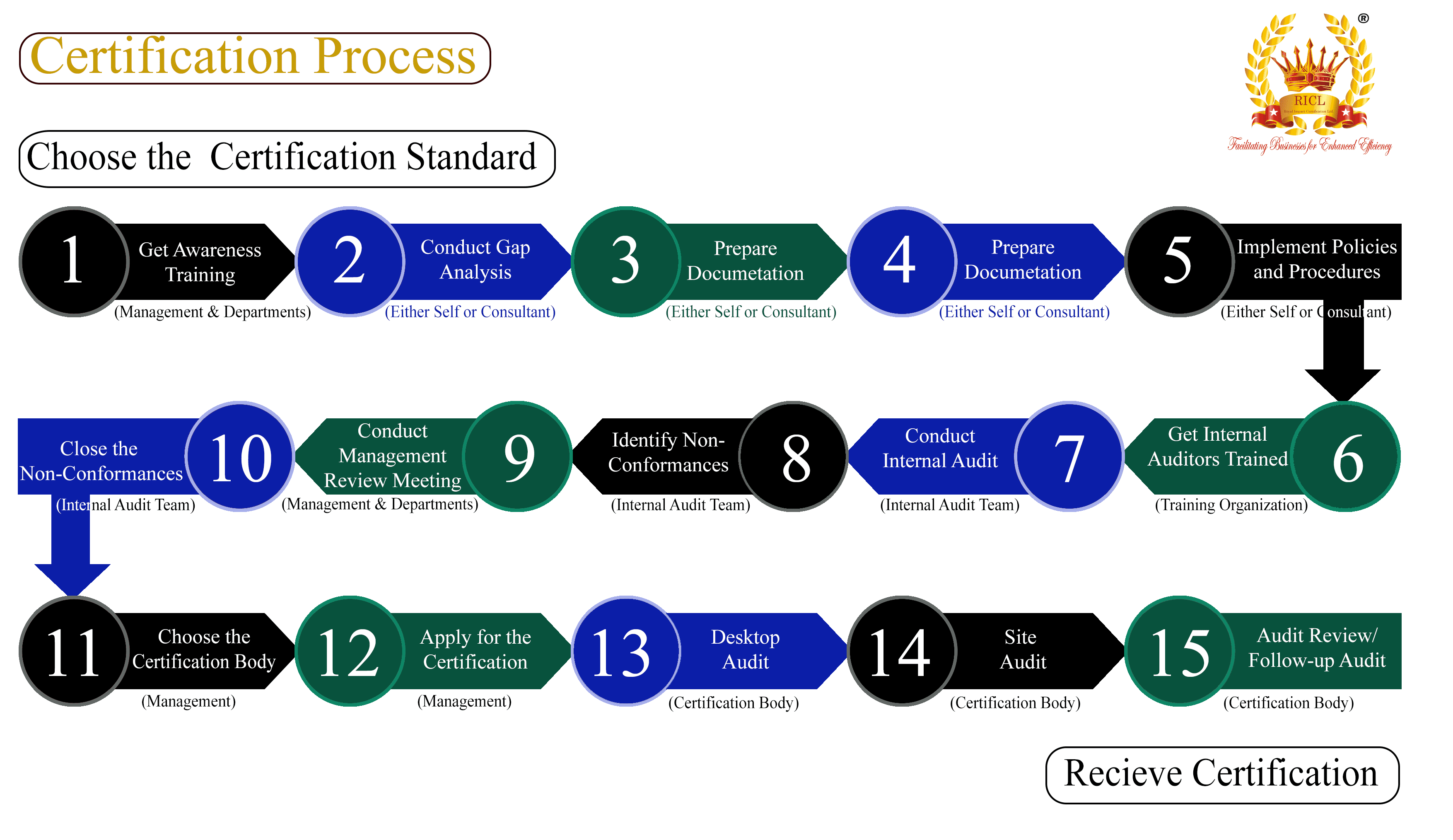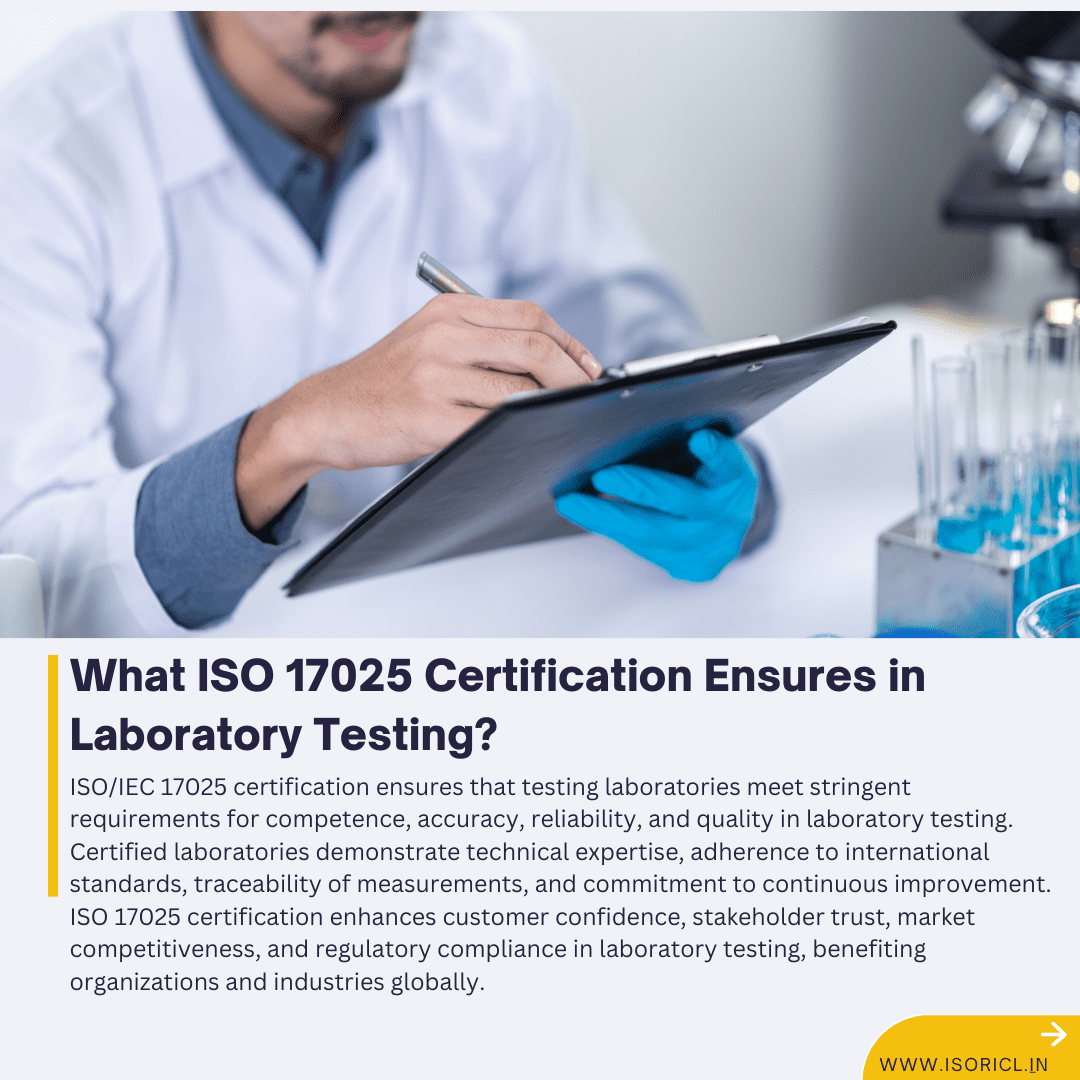
Railway Industry
The railway industry is crucial for the transportation sector, providing an efficient and eco-friendly mode of moving goods and people over land.
The railway industry is crucial for the transportation sector, providing an efficient and eco-friendly mode of moving goods and people over land. The integration of ISO standards within the railway industry is vital to enhance safety, reliability, and efficiency in operations. Here’s an overview of how ISO standards are applied in the railway industry and the benefits they offer:
Relevant ISO Standards for the Railway Industry
ISO/TS 22163:2017 – Railway Applications – Quality Management System
ISO/TS 22163, derived from ISO 9001, is specifically tailored for the railway industry. It addresses the quality management system requirements for businesses involved in the design, manufacture, and maintenance of railway components and vehicles. This standard focuses on ensuring product and service quality that meets stringent safety and regulatory requirements.
ISO 45001: Occupational Health and Safety
Given the high-risk nature of railway operations, ISO 45001 is critical. It helps organizations improve employee safety, reduce workplace risks, and create better, safer working conditions all around. This is particularly important for the railway industry, which involves high-risk activities both in construction and operations.
ISO 14001: Environmental Management System
The railway industry benefits from ISO 14001 by managing its environmental impact. Railways, although more environmentally friendly than other transport modes, still generate noise, vibrations, and emissions, and use substantial land and resources. Implementing an environmental management system helps mitigate these impacts.

Benefits of ISO Certification in the Railway Industry
Enhanced Safety: ISO standards help implement stringent safety measures that are crucial in the railway industry, reducing the risk of accidents and ensuring the safety of passengers and freight.
Improved Reliability: With standards focusing on quality management and maintenance, railways can achieve higher reliability and punctuality in their services, which is essential for customer satisfaction.
Regulatory Compliance: Many countries have regulations specific to rail transport safety and performance. Adhering to ISO standards helps railway companies ensure compliance with these legal requirements.
Sustainability: By following ISO 14001, railway companies can manage their environmental impact more effectively, making rail transport a more sustainable alternative to other types of transportation.
Operational Efficiency: Implementing ISO standards helps streamline operations, optimize resource use, and reduce waste through more efficient processes.
Global Trade Facilitation: Standardization in the railway industry facilitates smoother and more efficient cross-border railway services, essential for international trade.
[formsapp id=”662f63f6c4dd546c9916c3db”]
Related Standards
The Railway industry is governed by several ISO standards that help ensure quality, safety, security, environmental responsibility, and overall efficiency. Here are some key ISO standards related to the transport and logistics industry:
LATEST BLOGS
ISO 10002 Enhancing Customer Satisfaction and Complaint Handing Introduction ISO 10002 is an international standard that provides guidelines for the process of …
Who benefits from ISO 50001 Certification for energy performance? ISO 50001 Certification for energy performance benefits a wide range of stakeholders, including …
What ISO 17025 Certification ensures in Laboratory testing? ISO 17025 Certification ensures a high standard of competence and reliability in laboratory testing …






